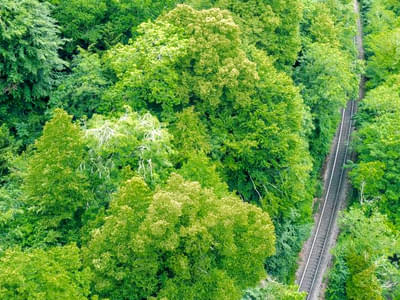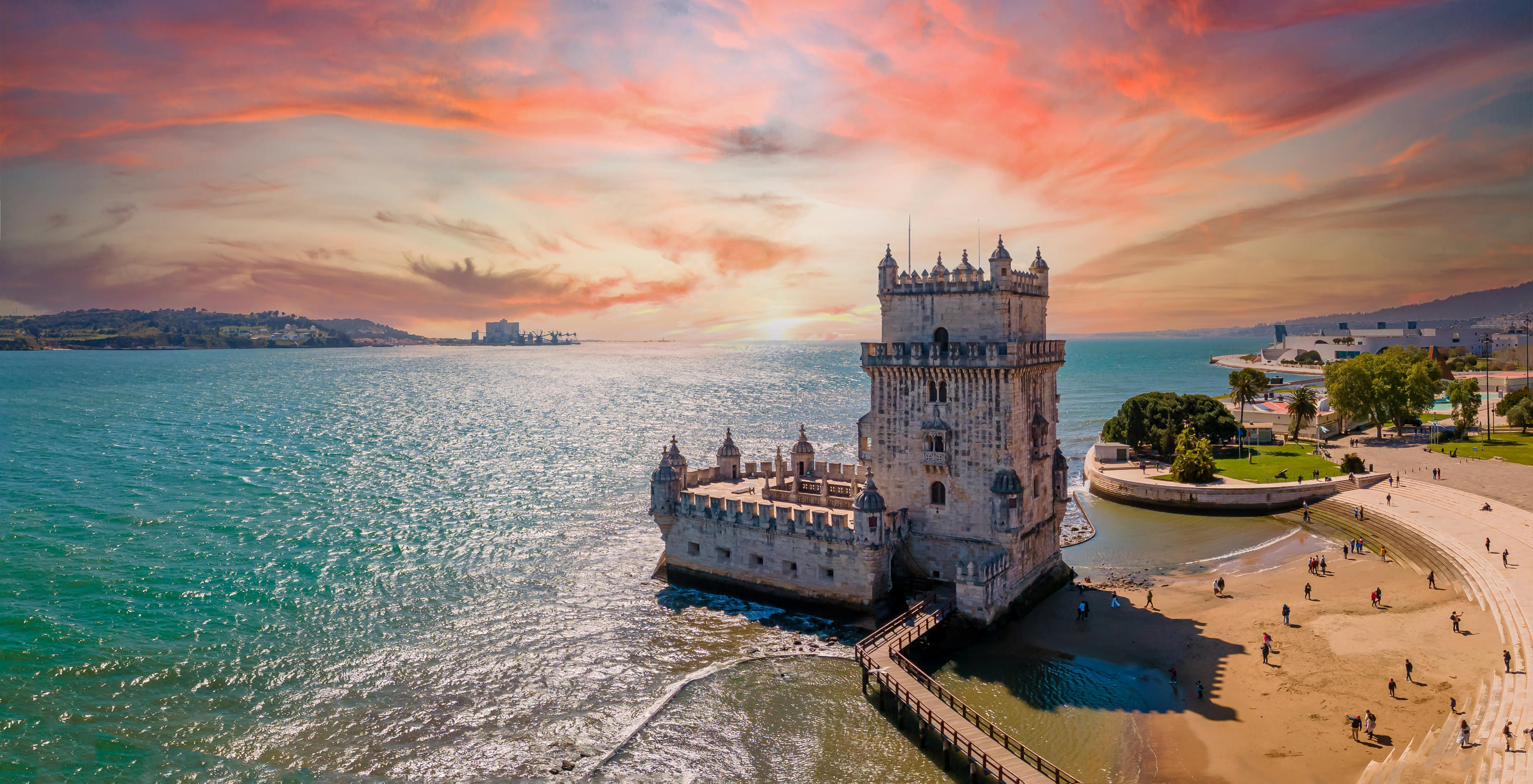Activities to do in Lisbon
The capital city of Portugal is the most picturesque neighbourhood of the country with its many attractions and activities. The best things to do in Lisbon are visiting the many museums and palaces of this city that provide an insight into the great history of Portugal. These are the architectural delights of the city that will keep you mesmerised.
There are also many fun things to do in Lisbon such as taking the Santa Justa Lift, visiting the Oceanário de Lisboa and the concerts and events that take place at CCB.
You can also stroll around the banks of River Tagus and have a nice meal at the cafes and restaurants nearby. Don’t forget to go shopping at some of the best malls and markets of Portugal with everything available from high end brands to hand made local products.The city also has a number of parks and gardens and going on picnics and exploring these come under the top things to do in Lisbon.
If you are wondering what to do in Lisbon then witness the stunning views of the city by watching beautiful sunsets from these parks and enjoy sightseeing. Also admire the city while on a tram ride, especially take the tram number 28 to get a glimpse of the local life and get a view of all the major attractions of the city. You can also admire the beauty of many monuments of the city and take delight in the history of those monuments with a guided tour.
More Lisbon Activities
National Palace of Sintra Cascais & Estoril- Afternoon Tour from Lisbon
National Palace and Gardens of Queluz Skip-the-line Tickets, Lisbon
Carmo Convent Tickets - Lisbon Under the Stars Immersive Show
Our Partners
Newly Added Lisbon Experiences
Lisbon Things To Do Reviews






